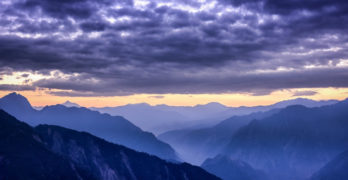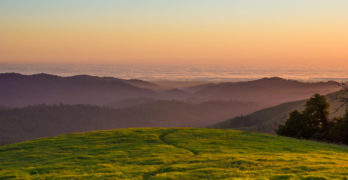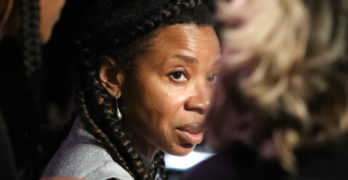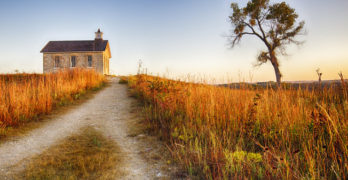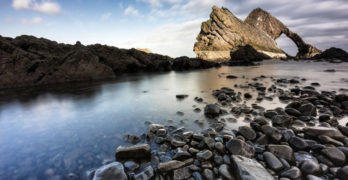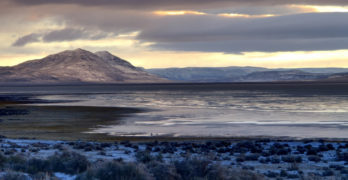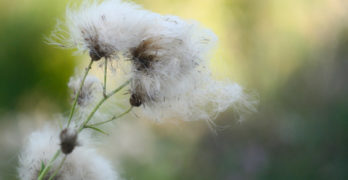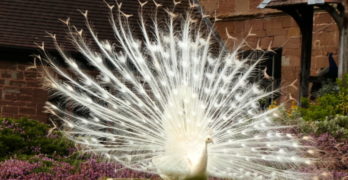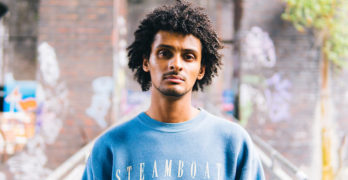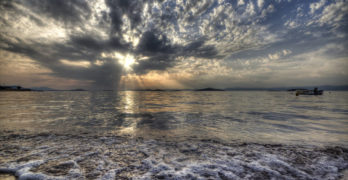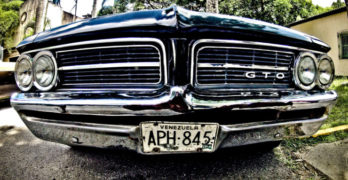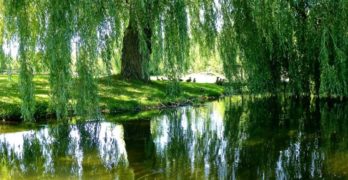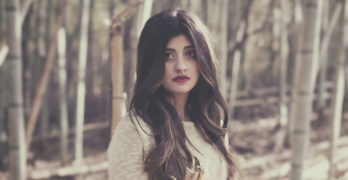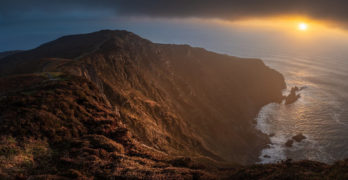The poems of “bone” by Yrsa Daley-Ward create discomfort, jolting the reader into an awareness of a very different and personal experience.
Reading Generously: Violent Stories
Why do we read violent stories? In this month’s Reading Generously column, Megan Willome reads Cormac McCarthy and Angie Thomas.
Poets and Poems: Atticus and ‘The Dark Between Stars’
“The Dark Between Stars: Poems” by the Instagram poet Atticus takes the reader on a visual journey to love lost and love found.
Poets and Poems: Paul Willis and ‘Somewhere to Follow’
“Somewhere to Follow,” the new poetry collection by Paul Willis, invites the reader to find the sacred in the everyday.
Poets and Poems: Claude McKay and ‘Harlem Shadows’
Almost a century later, the poems of “Harlem Shadows” by Claude McKay remain a statement for recognition, courage, and determination.
Poets and Poems: Dan Rattelle and “The Commonwealth”
In the simple, spare poems of “The Commonwealth,” Dan Rattelle explores the ideas of place and community, taken in their broadest sense.
Poets and Poems: Carl Phillips and “Pale Colors in a Tall Field”
“Pale Colors in a Tall Field” by Carl Phillips invites you into a dream, asking unexpected if important questions.
Was Tolkien Influenced Only by the Middle Ages? Holly Ordway Says No
In “Tolkien’s Modern Reading,” Holly Ordway persuasively argues that the literary influences on J.R.R. Tolkien were broad and diverse.
Children’s Book Club: ‘Aristotle and Dante Discover the Secrets of the Universe’
For pride month we read Benjamin Alire Sáenz’s “Aristotle and Dante Discover the Secrets of the Universe.” Join our YA Children’s Book Club.
Poets and Poems: Angela Alaimo O’Donnell and “Love in the Time of Coronavirus”
“Love in the Time of Coronavirus” by Angela Alaimo O’Donnell is the poet’s journal of the pandemic year and its change and upheaval.
Reading Generously: ‘Death Wins A Goldfish’
As we begin to leave our pandemic cocoons, we’re contemplating the meaning of life while reading generously ‘Death Wins a Goldfish.’
Forgotten Classics: “Cane” by Jean Toomer
“Cane” by Jean Toomer is considered a modernist classic, compared favorably and critically to the works of William Faulkner.
Poets and Poems: John Martin Finlay and “Dense Poems & Socratic Light”
“Dense Poems & Socratic Light” by John Martin Finlay is the best collection of the poet’s published and unpublished work available.
An Ode to Poetry: “How to Write a Form Poem” by Tania Runyan
“How to Write a Form Poem” by Tania Runyan is a guide to 10 poetic forms. It also stands as an ode to poetry.
Reading Generously: The Great Gatsby Poetry
In her new edition, Tania Runyan says ‘The Great Gatsby’ might as well be poetry. Megan Willome puts that assertion to the poetic test.
Poets and Poems: James Tweedie and “Mostly Sonnets”
“Mostly Sonnets” by James Tweedie shows how the poetic form can also be used for important subjects other than love.
Poets and Poems: Brad Lussier and “How Does He Love Me?”
The 47 sonnets of “How Does He Love Me?” by Brad Lussier remind us that love is transcendent, eternal and unchanging.
A Novel About Hughes and Plath: “Your Story, My Story” by Connie Palmen
In the novel “Your Story, My Story,” Dutch author Connie Palmen tells an unexpected story of the poets Ted Hughes and Sylvia Plath.
Poets and Poems: Osip Mandelstam and “Poems”
Osip Mandelstam (1891-1938) was a leading poet in the Silver Age of Russian poetry, until ran afoul of the Stalinist regime.
Poets and Poems: Chandra Gurung and “My Father’s Face”
The 47 poems of “My Father’s Face” by Chandra Gurung point to the contradictions of life inherent in all cultures and societies.


